
The Vatican’s Secretary of State, Cardinal Pietro Parolin, finally talked directly and explicitly about the arrest of Cardinal Joseph Zen. He spoke of the affair Friday, with reporters present for an event at Rome’s Pontifical Gregorian University organized by the Pontifical John Paul I Foundation.
“Very displeased,” is how Cardinal Parolin described himself at hearing of Cardinal Zen’s arrest. Molto dispiaciuto, in Italian. Vatican Media’s official English version of the piece translated that as “very saddened” and added—as did the Italian—that Parolin noted Zen had been “freed and treated well.”
“Cardinal Parolin said the event should not be read as ‘a disavowal’ of the agreement between the Holy See,” the English report from Vatican News continued. “The most concrete hope,” the report further quoted him as saying, “is that initiatives such as this one will not complicate the already complex and not simple path of dialogue between the Holy See and the Church in China.”
The remarks about the arrest (and good treatment and subsequent release) of Cardinal Zen, and Vatican Media’s own careful coverage of them, both deserve close parsing. Cardinal Parolin is the public face of the Vatican’s side in the arrangement with the Chinese leadership, after all, even if he was only talking to reporters regarding a bunch of things—most of them Ukraine-related—on the sidelines of an event about something else.
We’ll get to that, but it’s important to have a couple of things about this whole China business clear from the outset.
The first is that the provisional agreement is narrow in scope: giving the Chinese government and the Pope a say in the appointment of Chinese bishops, the pact is designed to repair a decades-old rift in the Church and plausibly restore visible—if bare-bones—Church unity; and, to forestall or forfend full-scale oppression of the Church and the faithful in China. “Diocletian-level persecution” is how I’ve described it elsewhere (more than once).
In other words, neither Pope Francis nor Cardinal Parolin thinks the Holy See got a good deal. They didn’t get a good deal, and they know it. They may not even think they got the best possible deal, under the circumstances. They know that they got a bad deal. They’re not going to say so, unless they absolutely have to say so—and that point will come only when they believe the deal is hopelessly compromised—and they may not say so, even then.
They do appear to think that a bad deal is better than no deal.
Even critics of the deal should be ready to admit that the Vatican’s is a reasonable position, even if they are unwilling to concede that it is correct (or even minimally prudent). Throughout history, it has been bog-standard for civil governments to have a say in who gets to be a bishop in their territories. Like it or not, the Holy See has done business with all sorts of unsavory characters and unfortunate actors—including European Communists—even those with a policy bent on the eradication and destruction of the Church.
That said, the Vatican’s management of the China business doesn’t always appear—maybe hasn’t ever appeared—to make a whole lot of sense.
Leave aside that history also shows how dangerous and unhealthy secular involvement in the internal affairs of the Church can be. Forget for a moment that the Vatican’s version of détente with Communist forces in Europe was not exactly an unqualified success. Put aside that the Church can’t both stand for the poor and oppressed and also not stand for the poor and oppressed (the bedrock binary that produces so much gall in many outside observers of the Chinese situation).
Assume for the moment that both Pope Francis and Cardinal Parolin know all that.
It would be a mistake to take Cardinal Parolin as though he were either apologizing for the pesky red hat on China’s island or implausibly attempting to sound like a gangster issuing veiled threats to a store-owner. (Think: “Nice dialogue you got there, shame if something should happen to it.”)
One may also be forgiven for reading the remarks as though they were the half-hearted attempt of a bully’s victim to stand up for himself. (Think: “If you do that one more time…” said to the bully who has pantsed a fellow and shoved him in a locker in front of the whole class.) That’s the wrong read, though.
Those are implausible reads, because China is the bully (or the gangster) here. Like all bullies, they are always pushing. If they get away with this, they’ll push further. Pope Francis and Cardinal Parolin know that.
Observers noting that the Vatican has backed down every time and that Chinese will push further next time aren’t wrong.
That still doesn’t make this the right ground for a fight the Vatican is bound to lose. It doesn’t make it the wrong ground. It’s just the way it is.
The remarks are hedged, though, and that’s for sure.
On the subtle difference of inflection between displeasure and sadness, suffice it to say that it is likely due to harried translators in the comms department, who opted for caution in the face of uncertainty. “When in doubt, leave it out,” is the old maxim of the newswriter. Only, there was no leaving it out this time. So, one gets “saddened” for dispiaciuto, which isn’t as strong as “displeased” but isn’t even halfway wrong, either. It’s important for English-speakers to know what Cardinal Parolin’s ipsissima verba were, though. You can bet the Chinese do.
The more interesting thing is that Cardinal Parolin doesn’t quite say what the cause of his displeasure is. The arrest? The actions of Cardinal Zen, which precipitated the arrest? To be perfectly frank, it’s likely a little of both.
The thing is, the Chinese are the senior partner in the relationship. If the Chinese want Cardinal Zen to have broken the new security law that they say they suspect him of having broken, then Cardinal Zen will have broken said security law. They’ll find a way to find him guilty, and that without much trouble. Both the Chinese and the Vatican know that, as well.
It is highly unlikely that the Chinese authorities on the mainland want to find out that Cardinal Zen did anything for which they absolutely must prosecute him. If placing him under arrest and bringing him in for a few hours’ grilling has provoked international outrage, think about the optics of a full-scale trial.
They’ll be willing to go that route, if they have to. At least, it is reasonable for the Vatican to think they will. International indignation has not dissuaded the Chinese government from its policy of genocidal cruelty toward the Uyghurs. There is little reason to suspect it will discourage them from railroading a prince of the Church.
Cardinal Zen has taken a stance on the Holy See’s deal with China, which has made him a thorn in the side of the Chinese government and an embarrassment to the Vatican. Deft diplomacy may lead to a situation in which the Chinese obtain Zen’s silence—or at least a much lower public profile—and the Vatican doesn’t have to put up a costly defense of their guy.
The real danger is that the arrest (and/or investigation) will lead to the discovery of something Cardinal Zen has done, which will make it appear to the Chinese that they absolutely must prosecute him. If the Vatican is willing to bend over backwards in order to keep the China entente alive, think of what they’d be willing to do to avoid having to go to the mat for Cardinal Zen.
If you value the news and views Catholic World Report provides, please consider donating to support our efforts. Your contribution will help us continue to make CWR available to all readers worldwide for free, without a subscription. Thank you for your generosity!
Click here for more information on donating to CWR. Click here to sign up for our newsletter.




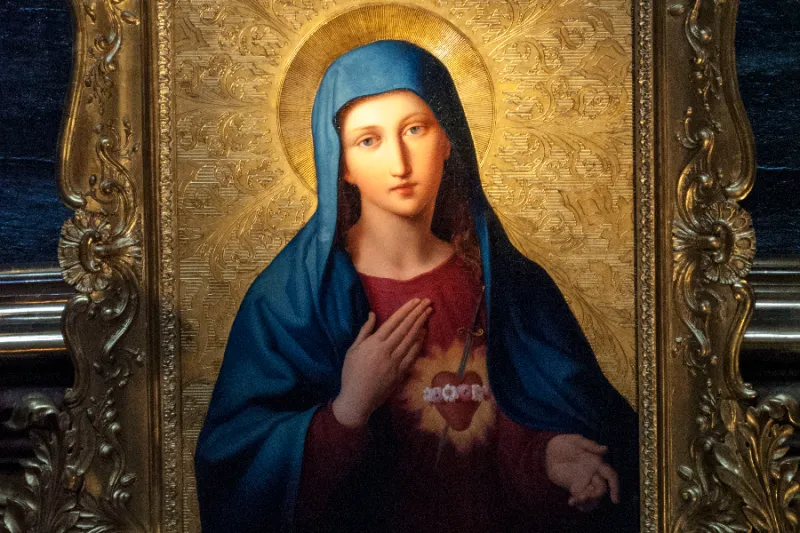
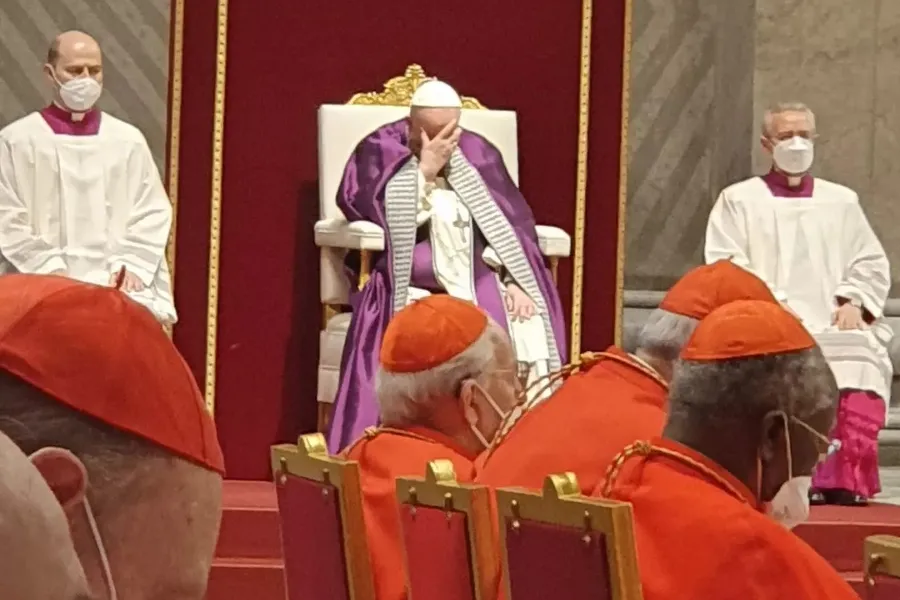
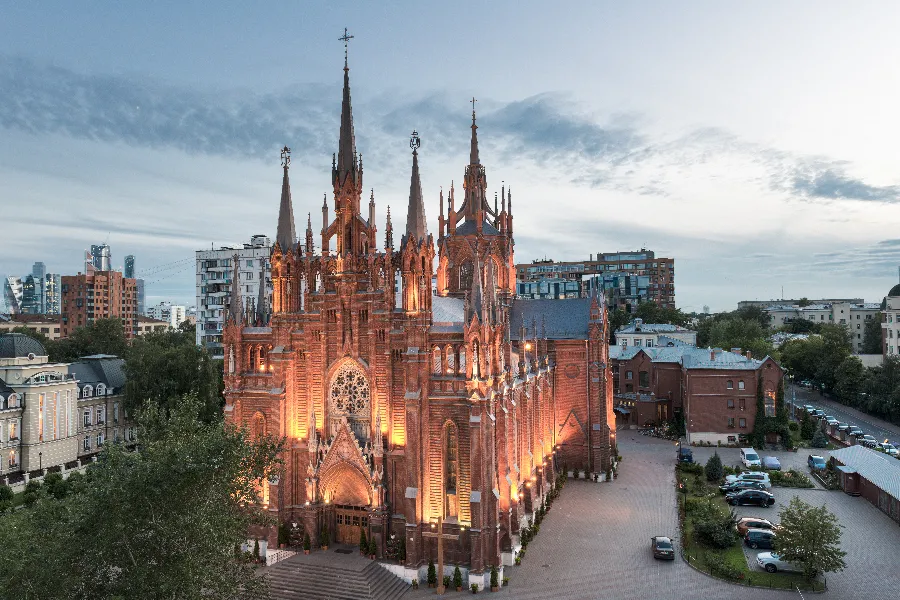
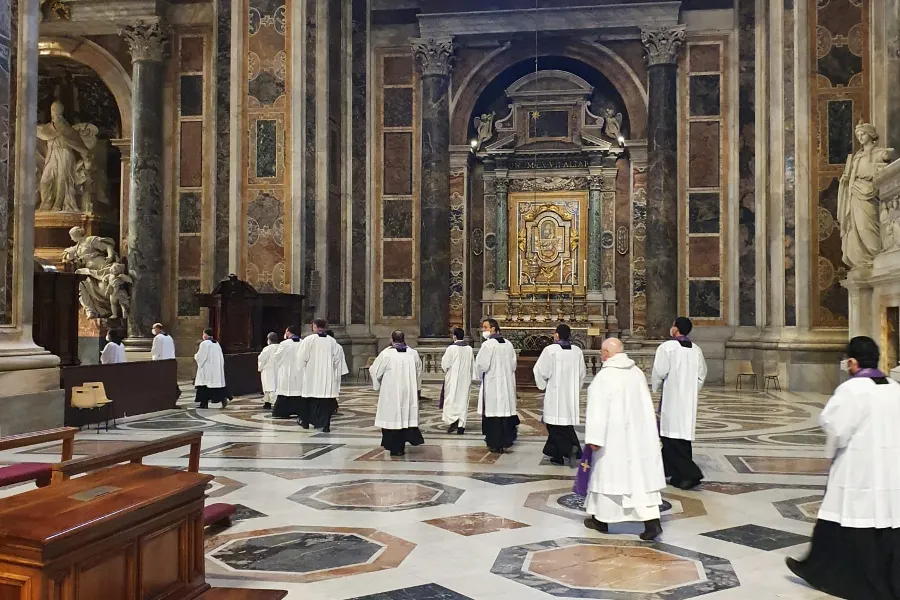
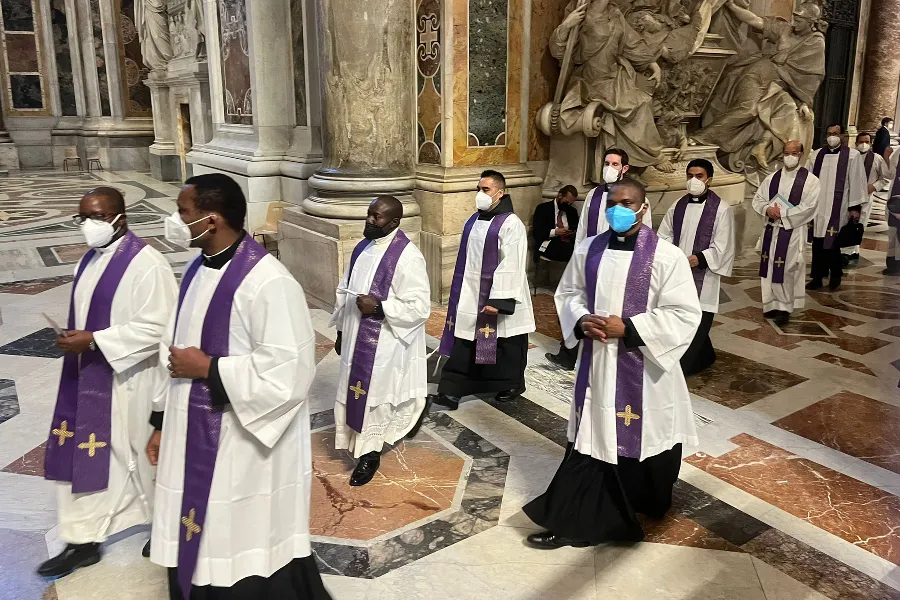
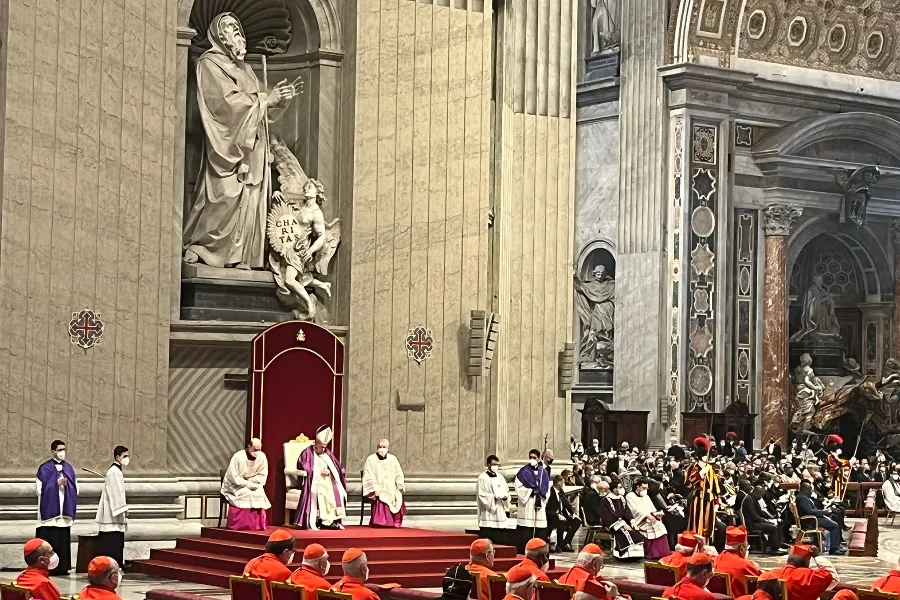
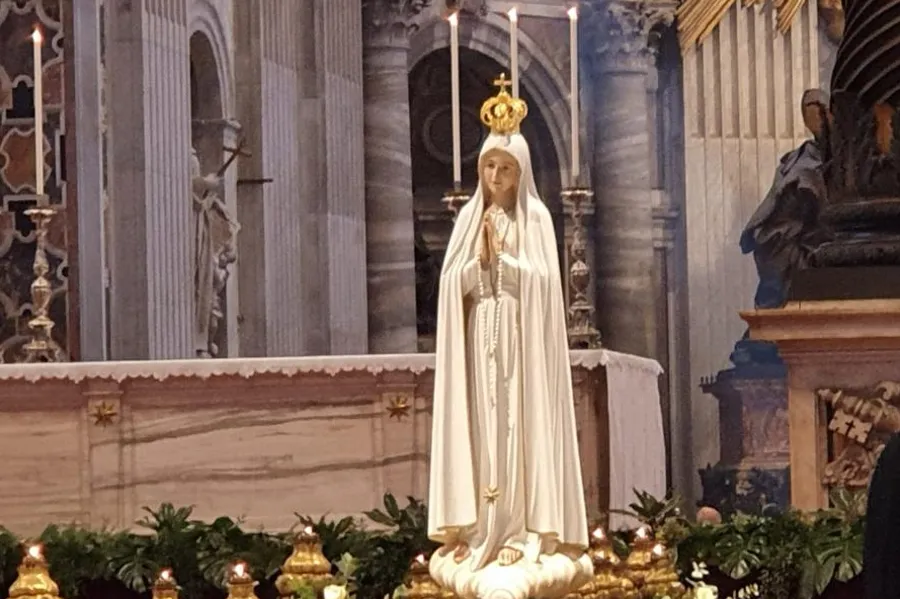
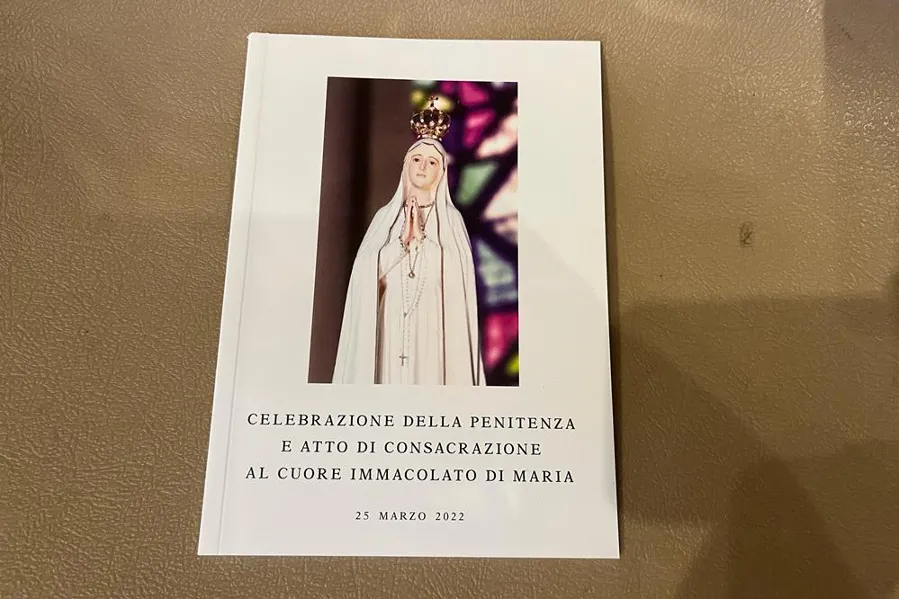
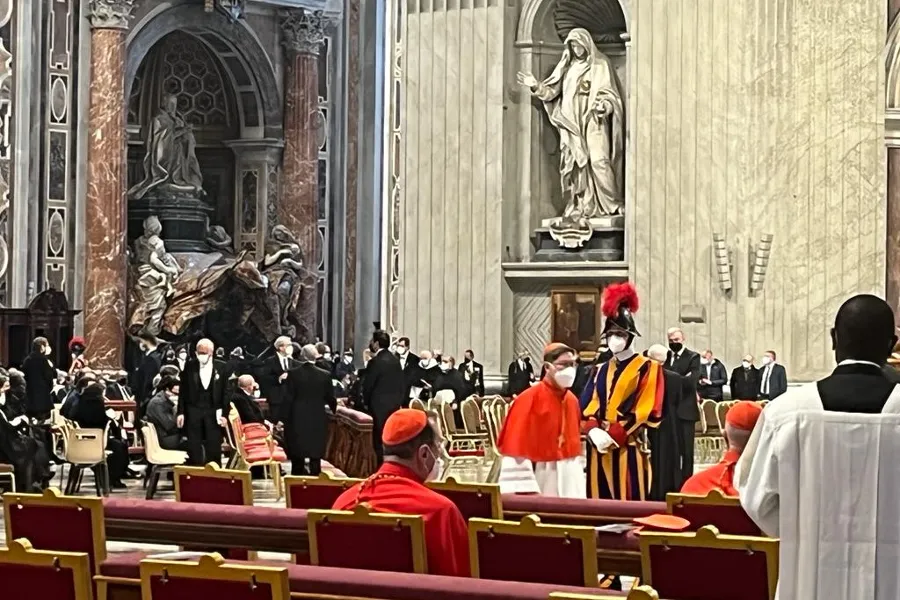
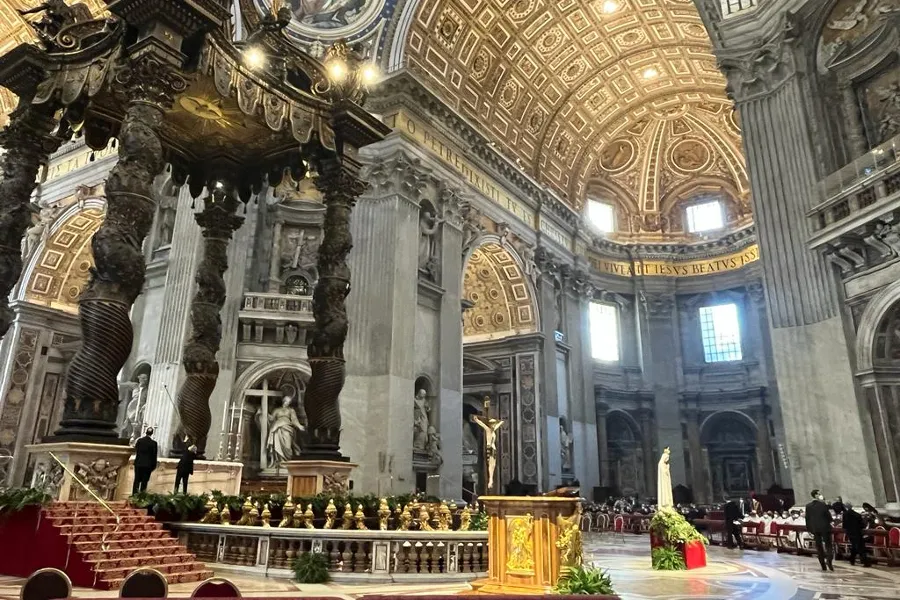
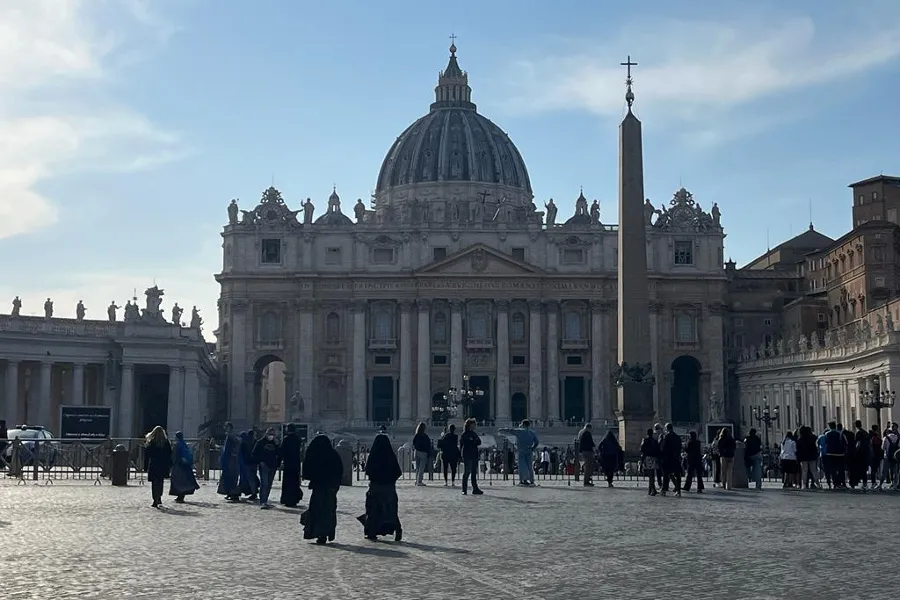
The Chinese arrested a 90 year old man on obviously trumped-up charges – they knew they could because there might be some tut-tutting from various sources but that would not amount to much.
The Vatican response? “Following the development of the situation with extreme attention.” Wow – that’s encouraging.
They did it because – they COULD, they knew they would get away with it, and they wanted to let us ALL know that.
Cardinal Zen, who was taken in for questioning, was released shortly after. Zen told those who enquired that he was “fine”.
It would help you appreciate the whole China situation in this light if you were to readhttps://www.catholicculture.org/culture/library/catechism/index.cfm?recnum=2165
Still not a patch on the Cardinal Pell event.
Australia also shut down the Catholic Church during 2020 and no objections raised
Bergoglio & co should have known better than to sign a (secret) treaty with Communists. (Which a credible Chinese dissident says gives the Vatican $2+ billion per annum, in return for which the Vatican does not criticise the CCP’s human rights abuse.) “Lie down with dogs, –get up with fleas” is an apposite proverb for the Vatican – CCP relationship.
The CCPhave no morals, no ethics, no integrity, no honour, and do not scruple to break their word when convenient.
I haven’t given a penny to Peter’s Pence every since Bergoglio misused it to contribute to Hillary Clintion’s campaign, and since he got rid of every honest prelate in the Vatican to surround himself with moral deaerates or financial crooks. It was with great relief I found serious questioning of the validity of B16’s “resignation”.After much study & prayer I am relieved to find that Bergoglio was uncanonically elected, and is therefore an antipope; B16 is still pope, in an impeded see. Francis is NOT MY POPE. Nothing he does has any legality, nor are his formal or informal teachings to be heeded.
Pope Neville Chamberlain would rather appease tyrants than aid the faithful being persecuted even if the persecuted invlude a Prince of the Church.